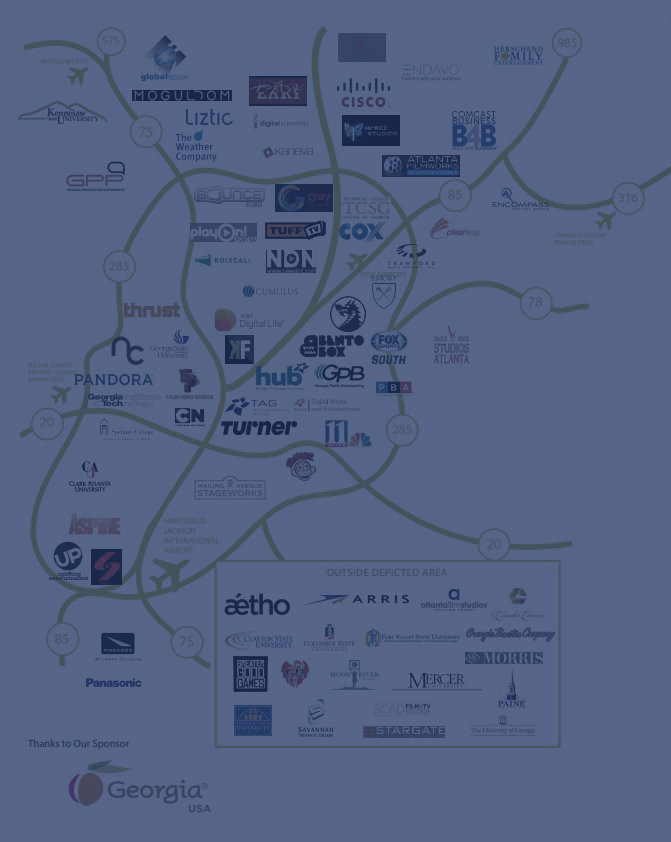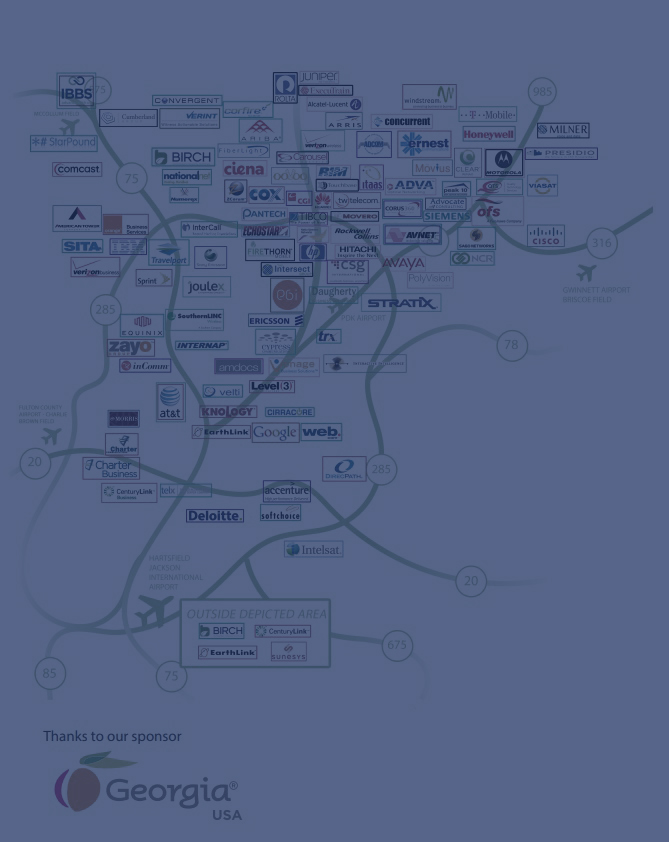
Atlanta, GA (June 9, 2021) – Georgia’s STEM economy is booming, but the pipeline for qualified employees will run dry unless state leaders act quickly to address the needs of employers who are already struggling to fill good-paying jobs in careers offering pathways to fulfilling middle-class livelihoods.
“Our tech sector in Georgia is roaring with a -3% unemployment rate, which means good jobs are vacant and we expect countless others in science, technology, engineering, and math-related fields will likewise go unfilled in the years ahead unless we move now to understand the future needs of employers and take steps to fill the pipeline with talented Georgians who possess the skills necessary to be successful in STEM occupations,” says Amy Sharma, PhD, vice president of Science for Georgia.
“To ensure that Georgia’s citizens can meet the demands of the science and technology economy, it is critical that we develop an educated and well-trained STEM-ready workforce, and maintain a pipeline of students learning employment-ready skills.”
To understand how to achieve an optimized pipeline with all systems working together, a broad coalition of advocacy, education, and technology organizations will assemble leading professionals in a four-part online series to identify gaps in workforce development initiatives and develop solutions to fill them, solutions that will help guide state and community leaders, educators, and business owners as they work to ensure that Georgia’s STEM talent is robust and ready to succeed.
The workforce development series will address a variety of topics over four distinct panels:
- Literacy is Key (June 16, 1-3pm)
- Follow the Money (June 30, 1-3pm)
- The Vital Role of Technical and Community Colleges (July 14, 1-3pm)
- Capacity Building – Physical Infrastructure to Support Human Infrastructure (July 28, 1-3pm)
This goal of the series is to highlight the status of the pipeline now, share examples of successes and identify areas that need improvement. Using that baseline, the panelists will then focus on evidence-based best-practices for success and the levers to pull to make impactful, systemic, changes. These discussions will be synthesized and used in a targeted Roundtable with policymakers, business leaders, and education experts to identify pragmatic policies needed to optimize the education pipeline in Georgia.
Sponsors of the web series include Science for Georgia, Technology Association of Georgia, Urban League of Greater Atlanta, Partners in Change, Literacy for All, and Science is US, a Washington, DC-based foundation-supported effort that brings together a diverse group of science, engineering, industry, higher education and labor organizations to advocate for science-based public policies.
“Focusing on optimizing the workforce pipeline is critical. With infrastructure, workforce, and education legislation being proposed at a national and state level, we have a once-in-a-generation opportunity to analyze our systems and processes, funding streams, and policies to make changes that can optimize our education and workforce readiness pipeline. We can make changes now that can provide immediate impact and create lasting change,” Dr. Sharma added.
STEM has an outsized impact in the state of Georgia. According to a recent economic impact report by Science is US, STEM supports 61 percent of jobs, 71 percent of economic output, and 66 percent of the state’s GDP. On par with national statistics, six out of ten STEM professionals in Georgia do not hold a bachelor’s degree. STEM-supported employment in Georgia generated $61 billion in federal tax revenues and $28 billion in state and local tax revenues—making STEM supported economic activity the primary driver of tax revenue in the state.
“Like much of the country, science and engineering are the foundation of Georgia’s economy, yet there’s a gap in the STEM workforce pipeline. Through this series, we will highlight the diversity and breadth of that workforce and explore actionable ways to increase pathways into STEM careers to ensure Georgia’s future success,” said Rachel Kerestes, Executive Director, Science is US.
The series will lead to a summary report which identifies the top long-term goals and includes policy recommendations for Georgia’s 2022 legislative session. There is no cost to attend the online forums, but registration is required through Science for Georgia’s registration page (https://bit.ly/GAEduWork21) where updated information and confirmed speakers will be posted.
About Science for Georgia
Science for Georgia, a 501c3 organization, works to build bridges between scientists and the public. Taking people on a journey from passive scientists or learners to active science advocates that work to achieve the responsible use of science in public policy. https://scienceforgeorgia.org/









